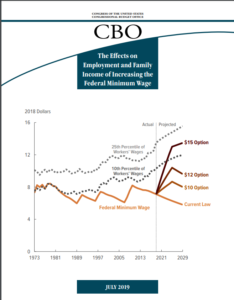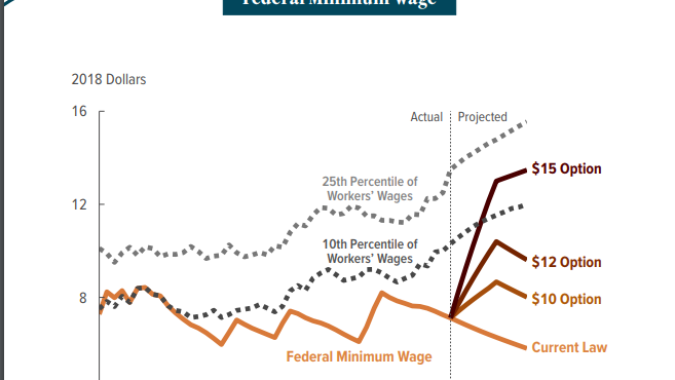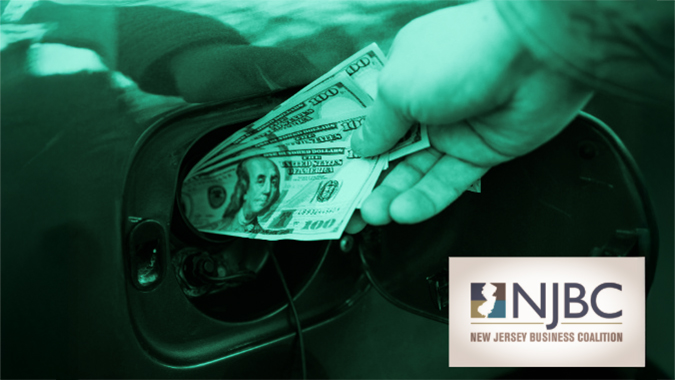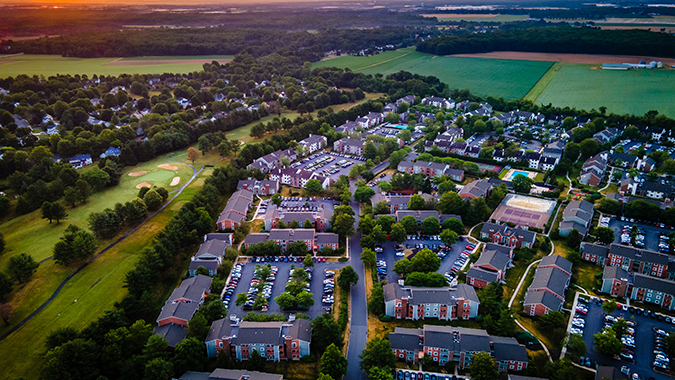 Winners and losers would be about equal if the federal government were to raise the minimum wage from $7.25 to $15 an hour by 2025. According to the Congressional Budget Office (CBO), 1.3 million workers would be lifted out of poverty, while another 1.3 million workers would lose their jobs.
Winners and losers would be about equal if the federal government were to raise the minimum wage from $7.25 to $15 an hour by 2025. According to the Congressional Budget Office (CBO), 1.3 million workers would be lifted out of poverty, while another 1.3 million workers would lose their jobs.
"For most low-wage workers, earnings and family income would increase, which would lift some families out of poverty. But other low-wage workers would become jobless, and their family income would fall—in some cases, below the poverty threshold," the report stated.
CBO examined what would happen to employment and family income with increases to the federal minimum wage of $10, $12, or $15 per hour by 2025. The report was released July 8.
“In an average week in 2025, the $15 option would boost the wages of 17 million workers who would otherwise earn less than $15 per hour,” CBO said. “Another 10 million workers otherwise earning slightly more than $15 per hour might see their wages rise as well.”
The agency also gave “a two-thirds chance that the change in employment would be between about zero and a decrease of 3.7 million workers.”
The $10 and $12 options would have smaller effects in both wage increases and job losses.
The Hill reporter Niv Elis noted the report gave both sides ammunition in the fight over legislation to raise the federal wage rate.
“The Democratic bill, which the GOP-controlled Senate is not expected to take up if it passes the House, would increase the minimum wage to $15 by 2024, eliminate tipped minimum wages, and tie the minimum wage to inflation,” he wrote on Monday. “It would be the first increase in the federal minimum wage in a decade.”
New Jersey enacted a $15 minimum wage law this year. The first phase, raising it to $10 an hour, took effect on July 1.
NJBIA members can download a free Fast Facts compliance brief on the new minimum wage law.




